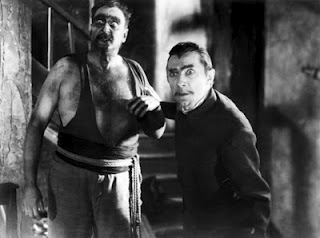“The greatest danger in life is not taking the adventure…”
The loudest man in sci-fi (or any other genre, for that matter) was guest of honour at last week’s SFX Weekender in North Wales. P.G. Bell was there to record the action and we’re very pleased to bring you Brian’s complete Q&A session, conducted on Saturday 4th February, in front of a capacity crowd.
Brian explained his passion for science fiction, outlined his plans to bump off old friend Patrick Stewart and revealed why he calls Her Majesty the Queen “Knuckles”.
Most importantly, he publicly announced two very important projects for the first time – one in the realm of science fiction, the other based firmly in science fact. Seriously, this is pretty big.
He also uses some rather salty language at times, so be prepared!
Podcast: Play in new window | Download (Duration: 44:24 — 40.7MB)
If that’s not enough for you, stay tuned for our full review of the SFX Weekender experience, including a gallery of this year’s cosplay event and interviews with the participants. PLUS! Full Q&As with Sylvester McCoy, Eve Myles and Colin Baker! Coming soon to Impossible Podcasts!

